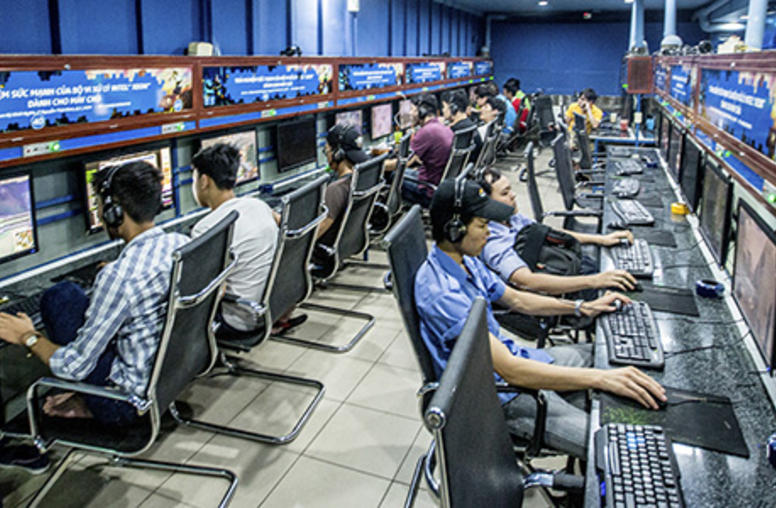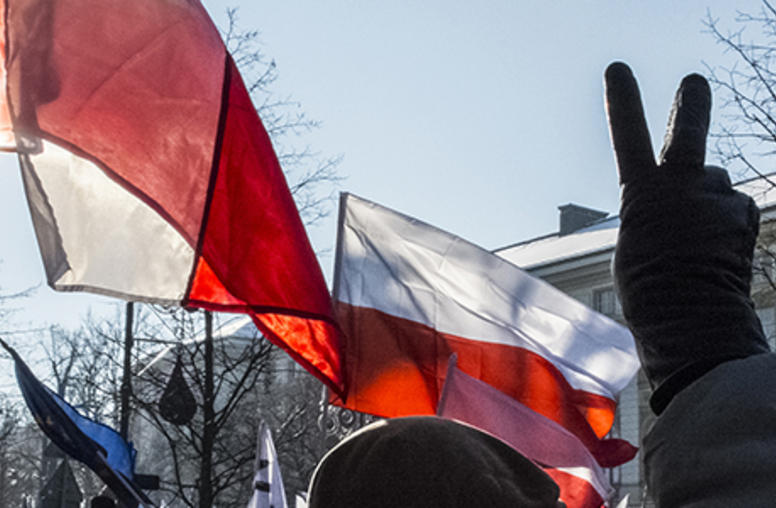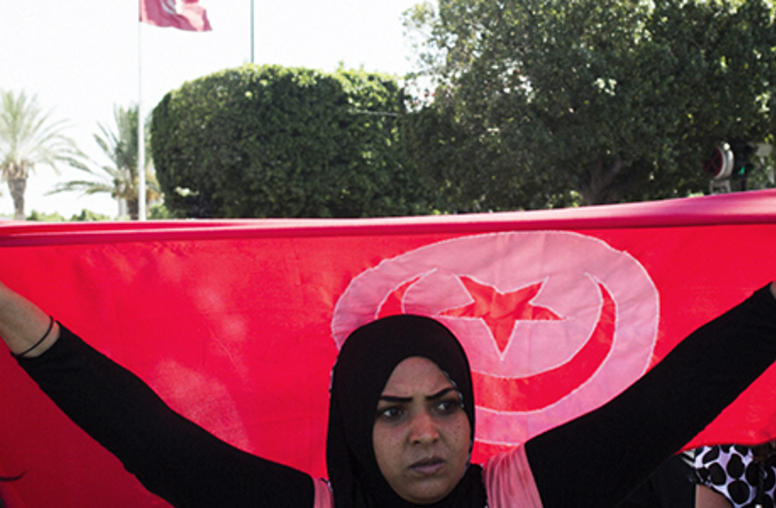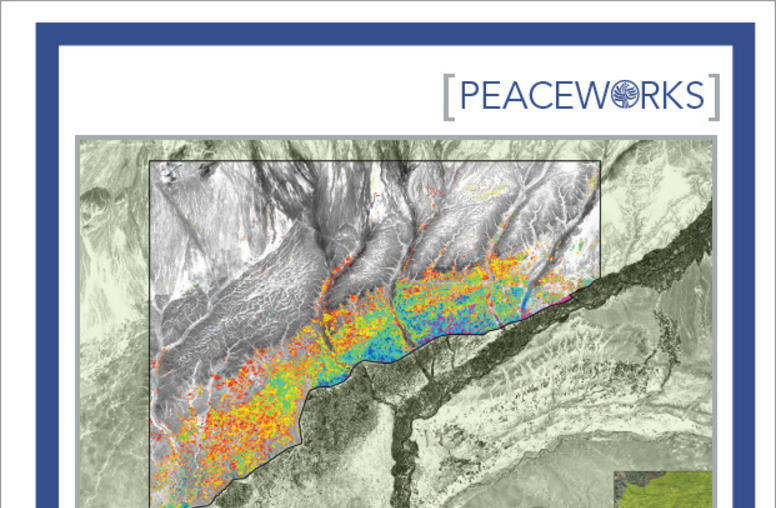Institute, National Academy of Engineering Explore New Applications of Science and Technology to Peacebuilding
As part of its ongoing partnership with the National Academy of Engineering, the U.S. Institute of Peace (USIP) on June 25 focused their joint Roundtable on Technology, Science and Peacebuilding on four initiatives. USIP President Richard H. Solomon and National Academy President Charles Vest chaired a half-day session designed to solicit feedback and guidance from members on the progress made by the Roundtable’s four working groups.
The Roundtable meets twice annually to support high-level discussions between leaders in the peacebuilding and technology fields to identify and implement promising applications of science and technology to peacebuilding problems. The Roundtable works to push pilot projects into the field to bridge the distance between policymakers in DC and peacebuilding operatives in the field.
At its December meeting, Roundtable members identified four initiatives to include in its portfolio: using data-sharing to improve coordination; sensing emerging conflicts; adapting agricultural extension to peacebuilding; and harnessing systems engineering approaches to peacebuilding.
At the June 25 Roundtable meeting, workshop co-chairs reported on the progress of their initiatives. Ann Bartuska (USDA) and Pamela Aall (USIP) provided an overview of a Roundtable workshop on May 1, which explored ways to support agricultural extension agents to address the sources of conflict in their target communities. Melanie Greenberg (Alliance for Peacebuilding) described the results from a workshop looking at how peacebuilding interventions can be made more effective by improving collaboration through data-sharing among different stakeholders.
In both cases, the Roundtable is now working with other organizations to develop pilot projects based on the insights gained from these workshops in fragile societies, such as Pakistan and South Sudan.
Lawrence Woocher (SAIC) and Prabhakar Raghavan (Google) described planning activities underway for an October workshop on how to use different sensing technologies to enhance detection and improve the peacebuilding dynamics of emerging conflicts. Bernard Amadei (Engineers Without Borders) and Robert Ricigliano (Alliance for Peacebuilding) reported on plans for a workshop to identify opportunities for applying the methods of operational systems engineering to various peacebuilding.



